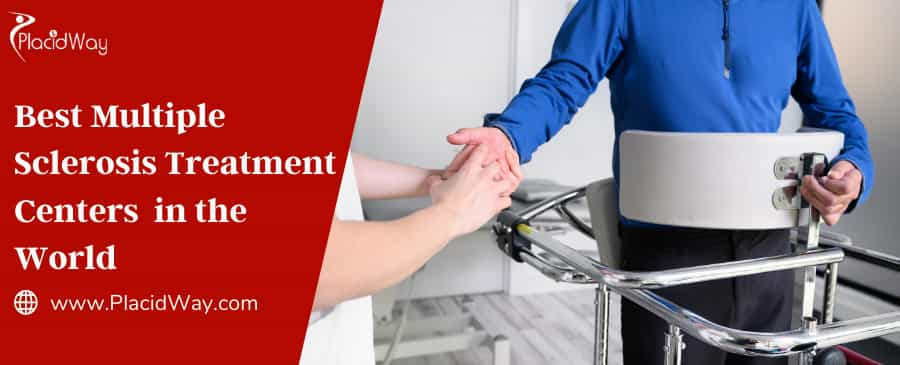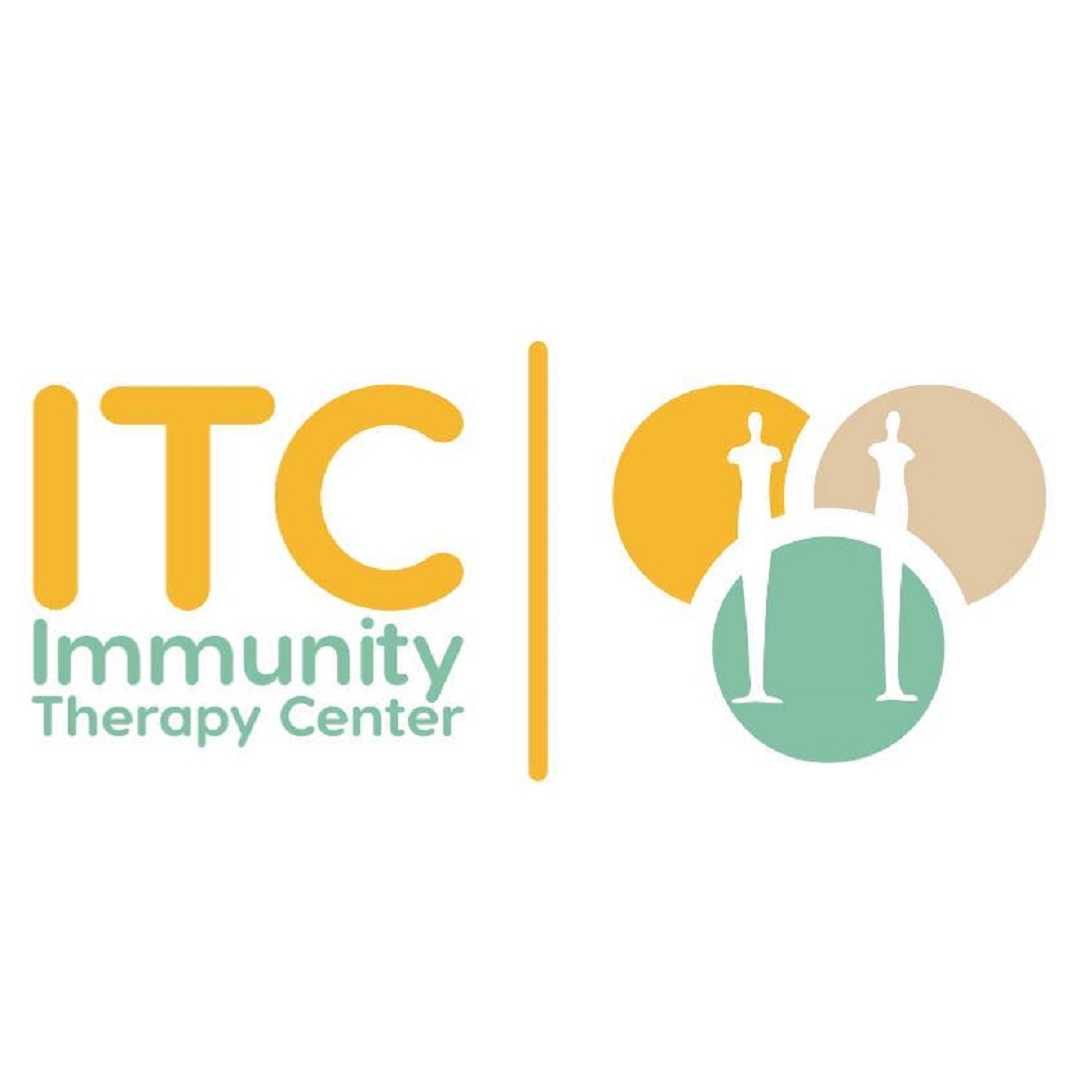
Multiple sclerosis (MS) is a disease that affects your brain and spinal cord. It makes it hard for your body to move and work the way it should. MS happens when your body's defense system, which usually protects you from germs, attacks the covering of your nerves. This covering is like a shield that helps messages travel from your brain to the rest of your body. When the shield is damaged, the messages get mixed up, causing problems with movement, balance, and other things.
What is Regenerative Medicine?
Regenerative medicine is a new way of treating diseases. It uses special cells called stem cells to help your body heal itself. Stem cells are like tiny building blocks that can become different types of cells in your body. In MS, stem cells can help repair the damaged covering of your nerves, making it easier for your brain to talk to the rest of your body.
Best MS Treatment Centers Using Regenerative Medicine
We looked all over the world to find the best places that use regenerative medicine to treat MS. These places have doctors who are experts in MS and use the latest technology to help people feel better. Here are some of the top MS treatment centers:
|
Clinics |
Countries |
|
Colombia |
|
|
Slovakia |
|
|
China |
|
|
India |
|
|
India |
|
|
Mexico |
|
|
Mexico |
|
|
Mexico |
|
|
Mexico |
|
|
Mexico |
|
|
Malaysia |
|
|
United States |
|
|
Mexico |
|
|
Colombia |
How Stem Cells Can Help with MS
Stem cell therapy is a new treatment that is showing promise for people with MS. In some studies, people who received stem cell therapy had less damage to their nerves and some even got better!
- Resetting the Immune System: Stem cells can help to "reset" your immune system so it stops attacking your nerves.
- Repairing Damaged Nerves: Stem cells can help to repair the damaged covering of your nerves, making it easier for your brain to talk to the rest of your body.
Benefits of Regenerative Medicine for MS
- Repairing damage: Regenerative medicine can help fix the damage to your nerves caused by MS.
- Reducing swelling: It can also help reduce swelling in your brain and spinal cord.
- Helping your body fight back: Regenerative medicine can help your immune system work properly again.
- Special treatment just for you: Doctors can create a treatment plan just for you, based on how MS is affecting you.
- Fewer side effects: Regenerative medicine treatments often have fewer side effects than other MS treatments.
Why Choose the Best MS Treatment Centers?
The best MS treatment centers have:
- Expert doctors: Doctors who know a lot about MS and how to treat it.
- The latest technology: Special machines and tools to help diagnose and treat MS.
- Complete care: They help with all parts of MS, not just the physical part.
- A plan just for you: They create a treatment plan that fits your needs.
- New treatments: They often have new treatments that you can't find anywhere else.
The Future of MS Treatment
Scientists are working hard to find new ways to treat MS using regenerative medicine. Some studies have shown that stem cell therapy can help people with MS move better and have a better quality of life.
Hope for the Future
While there is no cure for MS yet, regenerative medicine gives people hope. Stem cell treatments can help repair damage to the nervous system and may even help reverse the disease in some cases
FAQs about Regenerative Medicine for MS
1. What is stem cell therapy?
Stem cell therapy uses special cells called stem cells to help your body heal itself. These cells can become different types of cells in your body and help repair damage caused by MS.
2. Is stem cell therapy safe?
Stem cell therapy is generally safe, but like any medical treatment, there are some risks. It is important to talk to your doctor about the risks and benefits of stem cell therapy.
3. How long does it take for stem cell therapy to work?
The time it takes for stem cell therapy to work varies from person to person. Some people may see improvement within a few weeks, while others may take longer.
4. How much does stem cell therapy cost?
The cost of stem cell therapy varies depending on the clinic and the specific treatment plan. It is important to contact the clinic directly for a personalized quote.
5. Is stem cell therapy covered by insurance?
Insurance coverage for stem cell therapy varies depending on the insurance plan and the specific treatment. It is important to check with your insurance company to see if stem cell therapy is covered.
6. Where can I find more information about regenerative medicine for MS?
You can find more information about regenerative medicine for MS on the PlacidWay website or by contacting our team of experts.
Ready to Explore Your Options? Talk to PlacidWay Now!
If you or someone you love has MS, don't wait. Contact PlacidWay today to learn more about regenerative medicine treatments and find the best MS treatment center for you. We can help you explore your options and get started on the path to a better quality of life.




.jpg)


.png)
.png)
.png)



.png)




Share this listing